Aug 30, 2018
Quantum Photonics Laboratory student Robert Chapman has Graduated his PhD!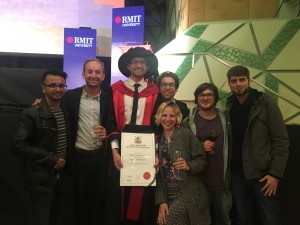
Rob has been working in the Quantum Photonics Laboratory since it’s formation in 2013.
During his PhD, Rob has published first-author papers in Nature Communications, Physical Review Letters, and Physical Review A.
Rob’s research focuses on algorithms and protocols for quantum information technology and performing photonic proof-of-concept experiments.
He is now working as a Postdoctoral Research Officer in the Quantum Photonics Lab.
Jan 22, 2018
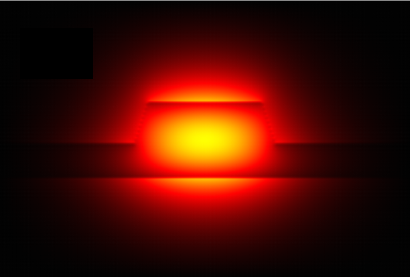
A new integrated photonics platform has been developed by the Quantum Photonics Laboratory at RMIT.
This platform enables great advancements in both academic research and in commercial telecommunications.
The research team has developed a new fabrication method to create highly compact photonic circuits in lithium niobate, one of the most promising materials platforms for integrated photonics.
Lithium niobate, the central platform for telecommunication technology, promises fast reconfigurable circuits and nonlinear optical signal processing. To date, however, lithium niobate devices have been limited by component size.
The new platform developed in the Quantum Photonics Lab allows highly compact circuits while achieving very low propagation loss; a key requirement for any integrated photonic technology.
These results have recently been published in Optics Express and have already been cited several times in a matter of weeks.
Link to the article
Jan 16, 2018
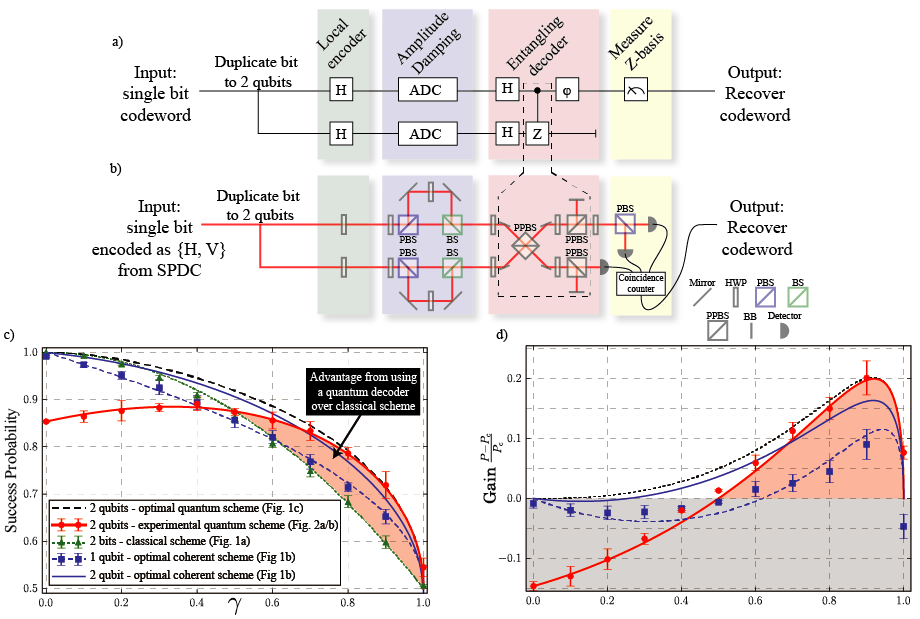
A new protocol demonstrating quantum enhanced robustness to noise has been implemented by the Quantum Photonics Lab
The novel scheme requires only one additional bit of data and entanglement to dramatically increase the data recovery probability.
When a single data bit is transmitted, the success probability is experimentally enhanced by over 20%.
Furthermore, when a two-bit message is transmitted, the enhancement is over 50% compared to optimal clasical protocol.
These key results have recently been published in Physical Review A.
Link to the article
Nov 21, 2017
 Congratulations to Robert Chapman for being awarded the prestigious 2017 Vice-Chancellor’s Prize for Research Impact.
Congratulations to Robert Chapman for being awarded the prestigious 2017 Vice-Chancellor’s Prize for Research Impact.
The RMIT Research Awards recognise and celebrate the research achievements of our staff and Higher Degree by Research (HDR) candidates.
Apr 28, 2017
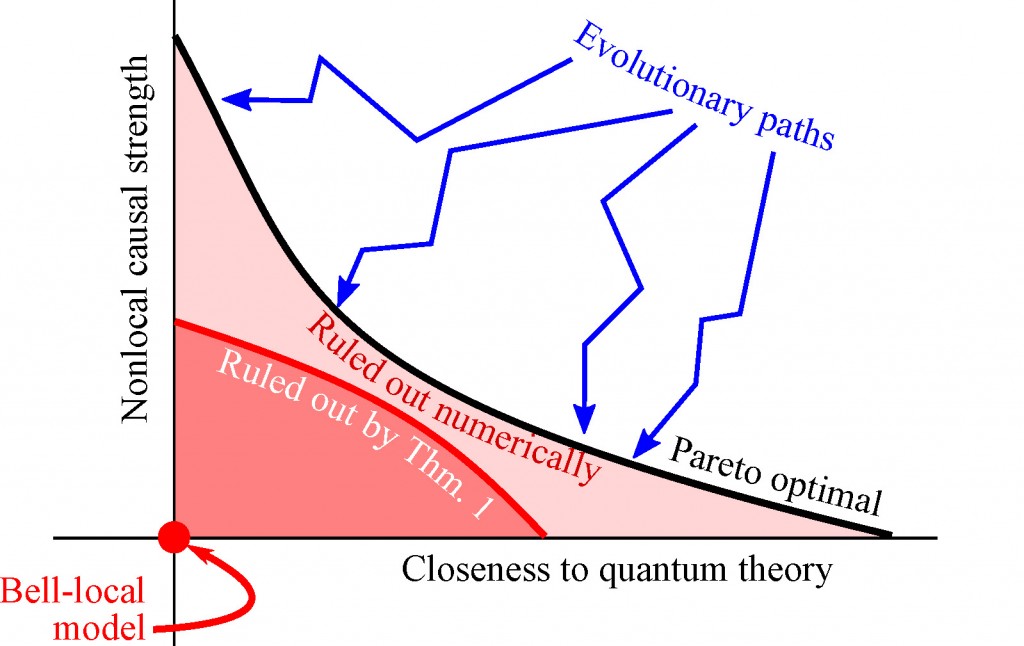
Australian and German researchers have collaborated to develop a genetic algorithm to confirm the rejection of classical notions of causality.
RMIT’s Dr Alberto Peruzzo said: “Bell’s theorem excludes classical concepts of causality and is now a cornerstone of modern physics.
“But despite the fundamental importance of this theorem, only recently was the first ‘loophole-free’ experiment reported which convincingly verified that we must reject classical notions of causality.
(more…)
Oct 24, 2016


Congratulations to Andreas Boes and Robert Chapman, recipient of the RMIT Research Awards.
The RMIT Research Awards recognise and celebrate the research achievements of our staff and Higher Degree by Research (HDR) candidates.
Read the news from the RMIT awards page

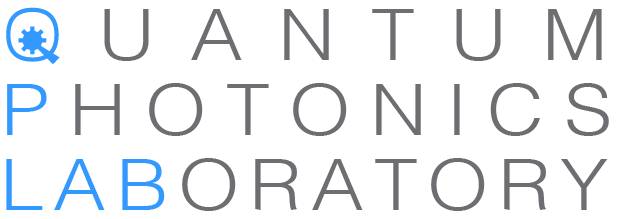


 Congratulations to Robert Chapman for being awarded the prestigious 2017 Vice-Chancellor’s Prize for Research Impact.
Congratulations to Robert Chapman for being awarded the prestigious 2017 Vice-Chancellor’s Prize for Research Impact.
